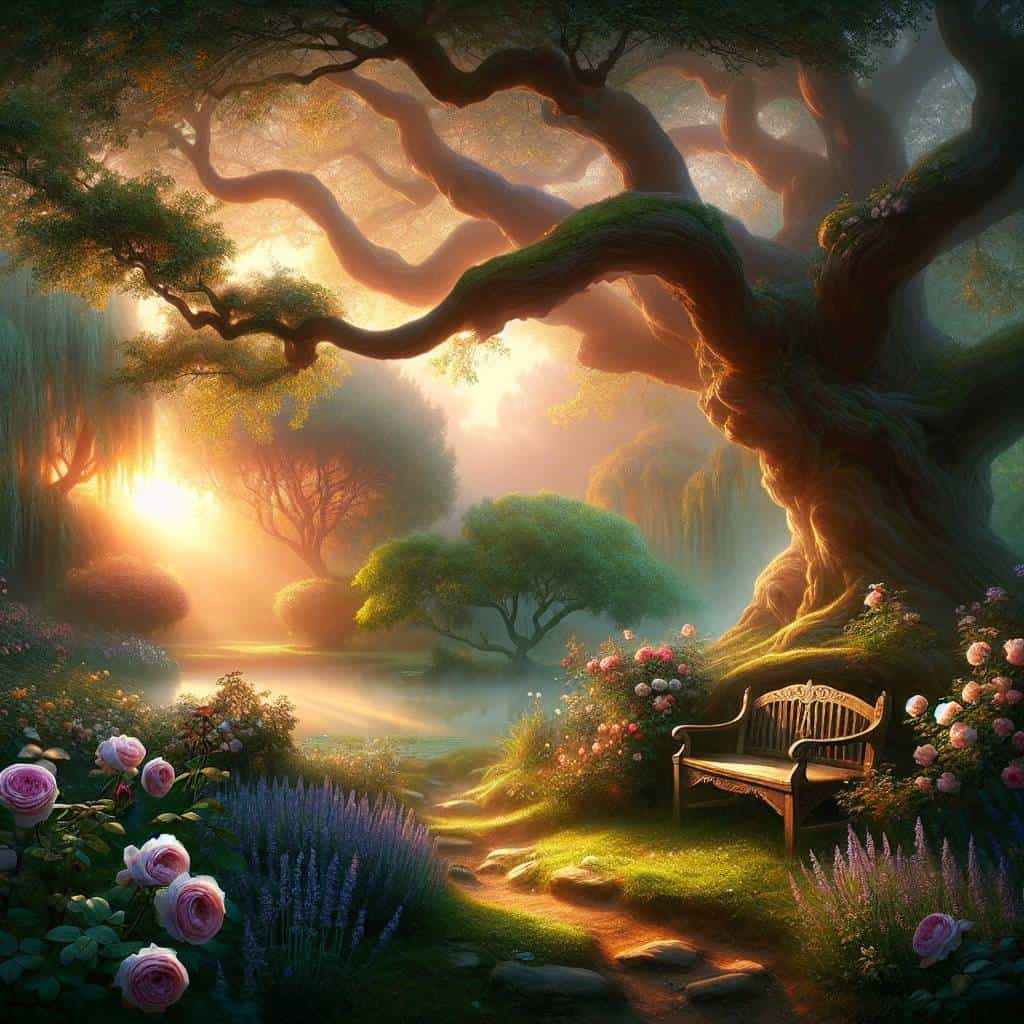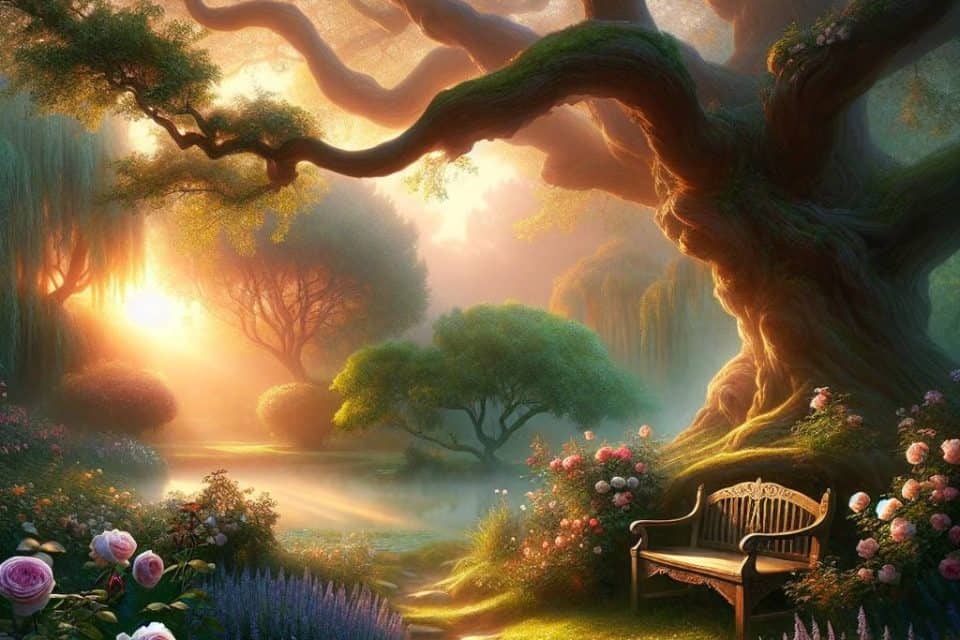I remember the first time I stumbled across a Rumi quote, scrolling aimlessly through social media while trying to ignore my own reflection in the screen. It was something about love being the bridge between you and everything, and honestly, my first thought was, “Great, now I need a bridge?” But there was an undeniable allure in those words, as if they held the promise of a long-lost wisdom. Yet, for every profound line that made me pause, there was another that floated by, sounding as mystical as a horoscope. And let’s be real: life isn’t solved by a scroll through poetic one-liners. If it were, I’d have been a spiritual sage in high school.

So, here’s what I’m offering: an honest dive into the world of Rumi’s musings on love and spirituality, without the pretense of divine enlightenment. We’ll meander through the maze of Sufi wisdom, explore the essence of his poetry, and maybe even find a nugget or two that speaks to the soul. But don’t expect a magic ticket to nirvana. Instead, let’s embrace the messiness of it all—the contradictions, the beauty, and yes, the occasional eye-roll. Together, we’ll sift through the famous and the forgotten, pulling threads of wisdom that might just knit together something real.
Table of Contents
How Rumi’s Divine Whispers Turned My World Upside Down
The first time I stumbled upon Rumi’s words, I was just a curious soul, flipping through pages as if searching for hidden treasure in a dusty attic. Little did I know, his verses would sneak into my life like a gentle breeze, only to uproot everything I thought I knew about love and spirituality. It’s as if Rumi’s whispers were not just words but keys—unlocking doors to rooms I didn’t even know existed in the mansion of my mind. His poetry is not merely beautiful; it’s a wild, untamed thing that dances between the lines of Sufi mysticism and divine wisdom, shaking the very foundations of what I considered truth.
Rumi didn’t just write about love; he lived it, breathed it, made it a divine practice. And that’s where I found myself most challenged. Love, to him, wasn’t a fleeting emotion or a fairy-tale ending. It was a spiritual journey, a path to the divine. Imagine my surprise when I realized that love wasn’t just about the heart-skipping romance or the security of companionship, but a transformative force, much like a river reshaping the landscape through which it flows. His words taught me that to truly love is to embark on a spiritual pilgrimage, shedding ego and embracing vulnerability. In a world that often mistakes infatuation for love, Rumi’s whispers turned my world upside down, opening my eyes to a love deeper than I ever imagined—a love that connects the earthly with the ethereal.
The Illusion of Rumi’s Love Wisdom
Reading Rumi to understand love is like drinking from a mirage; you think you’ve quenched your thirst for wisdom, but you’re still parched for the real thing.
When Rumi’s Words Became My Compass
Rumi didn’t hand me a map, but he certainly gave me a compass. His words are like the whispers of an old friend who knows the terrain of your heart better than you do. I find myself returning to his lines not for answers, but for the right questions. Questions that ask me to look inward, to challenge my own perceptions of love and spirituality. It’s like standing on the edge of a great field, feeling the wind of his wisdom brush against my skin, urging me to sow seeds of my own understanding.
In this chaotic world, where every moment feels like a frenzied race, Rumi offers a gentle nudge towards the stillness we often forget exists. His poetry doesn’t promise enlightenment or a magical transformation into a sage. Instead, it offers a quiet revolution, a tender rebellion against the noise. As I trace the lines of his verses, I’m reminded that the divine isn’t some distant entity, but a presence woven into the fabric of everyday life. And maybe, just maybe, that’s the real magic—finding the extraordinary in the seemingly mundane. So, here’s to more restless nights spent pondering the stars and the whispers of an ancient poet.
